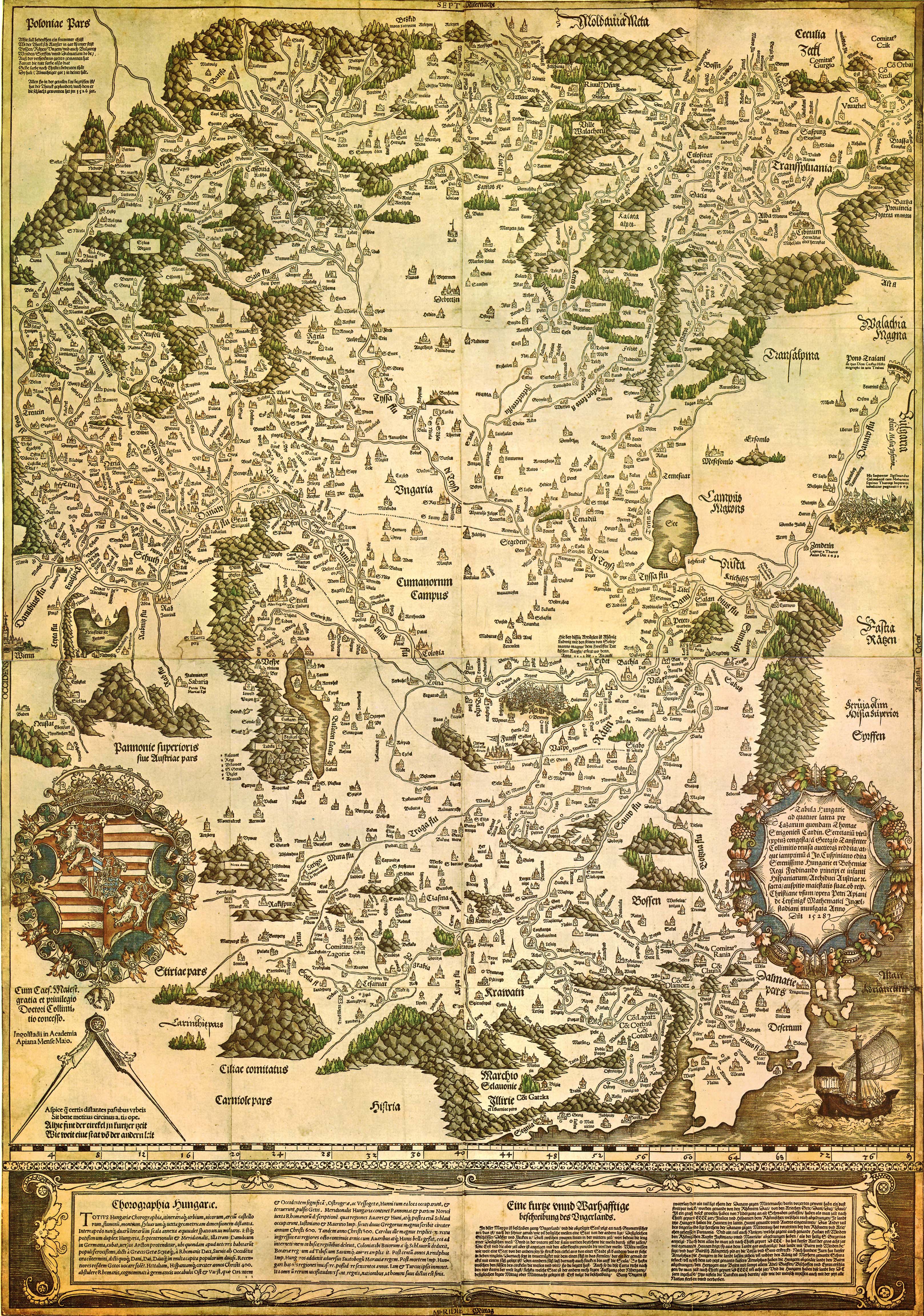Description
The Kingdom of Hungary held a noble class of individuals, most of whom owned landed property, from the 11th century until the mid-20th century. Initially, a diverse body of people were described as noblemen, but from the late 12th century only high-ranking royal officials were regarded as noble. Most aristocrats claimed ancestry from chieftains of the period preceding the establishment of the kingdom around 1000; others were descended from western European knights who settled in Hungary. The lower-ranking castle warriors also held landed property and served in the royal army. From the 1170s, most privileged laymen called themselves royal servants to emphasize their direct connection to the monarchs. The Golden Bull of 1222 established their liberties, especially tax exemption and the limitation of military obligations. From the 1220s, royal servants were associated with the nobility and the highest-ranking officials were known as barons of the realm. Only those who owned allods – lands free of obligations – were regarded as true noblemen, but other privileged groups of landowners, known as conditional nobles, also existed.







